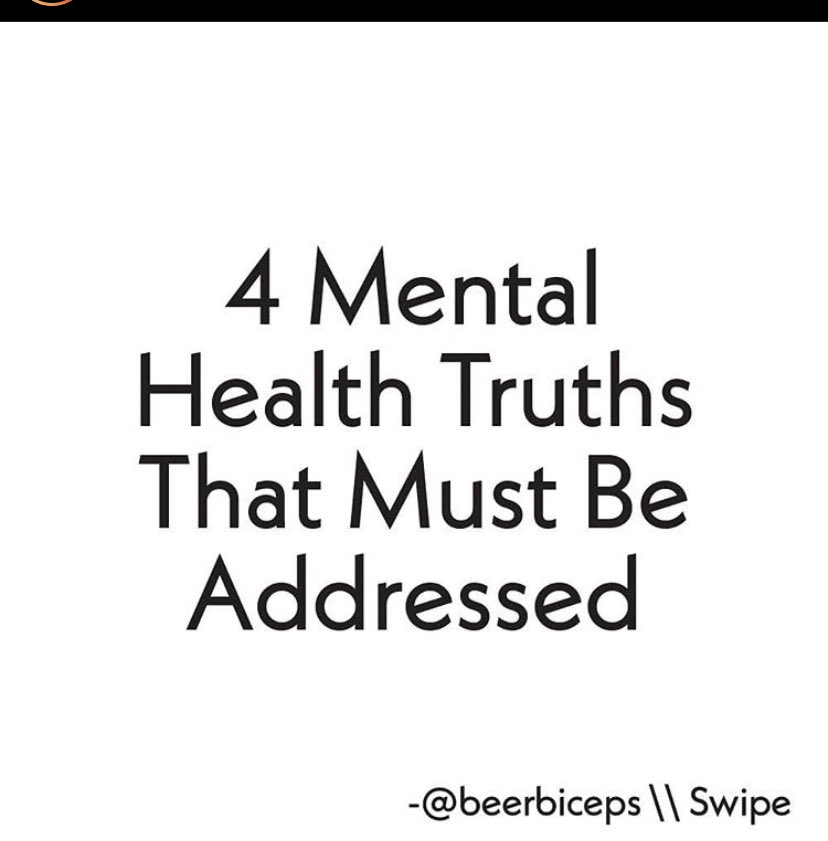
Hello. Let’s talk panic attacks. I am noticing that numerous people are experiencing heightened mental distress, so I am going to try and provide some helpful ways in which you can help a friend who’s having a panic attack.
Do - Validate. If they say that they’re struggling, agree and tell them that it sucks but that you’re right there. Agree with them when they say that their distress feels scary and real.
Do - Tell them that this is a consequence of a trigger and that it will pass, that it’s a panic attack that is a consequence of extreme distress. Give them language to what is happening. Tell them that this is temporary and assure them that you will stay will them till it is over
Do - Encourage a breathing pattern with them. Breathe in till the count of 3, hold for 2, breathe out till the count of 8 usually works very well when done consistently. Do it with them. Reassure them that they will be okay.
Do - Talk to them, or if they start talking, keep them going. If they do talk, they will start talking about everything that is distressing and confusing to them in that moment. DO NOT DISMISS ANYTHING.Just be there and validate.This will help them in feeling heard and supported.
Do - If they are comfortable with touch, hold them. Degrees of touch that involve pressure like hugging, release different neurotransmitters that are associated with relief, safety and a release of emotion. If they are wailing, let them cry. They need it.
Do - If they are reaching a place where they can communicate effectively, ask them what will help. Ask them what has helped before. They have the agency to decide because this is their subjective experience. If they can tell you what will help, listen & try to make it happen.
Don’t - Don’t ask them to calm down. Please don’t. If it was that easy, they would have done it already. Don’t tell them that they are overreacting. It is extremely invalidating and insulting. It is definitely not helpful.
Don’t - Don’t offer unsolicited advice about their life. Now is not the time to tell them that they should quit their job or leave their partner. It’s like punching someone in their chest while having an asthma attack. Please don’t do it.
Don’t - Don’t dismiss it, don't ignore it. Even the 50th panic attack is as traumatising, impairing and debilitating. They are not ‘used to it’. This is not their gym schedule.
Don’t - Don’t be irritated or judgmental. It will make the panic attack worse. Patience is crucial. The degree of safety the individual feels will determine the duration of the panic attack. If they feel like they are inconveniencing you & are a burden, it will get much worse.
Pls RT this thread: @veeramahuli @HavaldarShinde @TheRestlessQuil @neerjadeodhar @sandygrains @AnooBhu @anuyeaah @nandiniv @SoKneeOh @PedestrianPoet @rukunk @AGirlOfHerWords @MallikaDua @skhndh @lavsmohan @srishtidixit @MasalaBai @PouloCruelo
• • •
Missing some Tweet in this thread? You can try to
force a refresh





